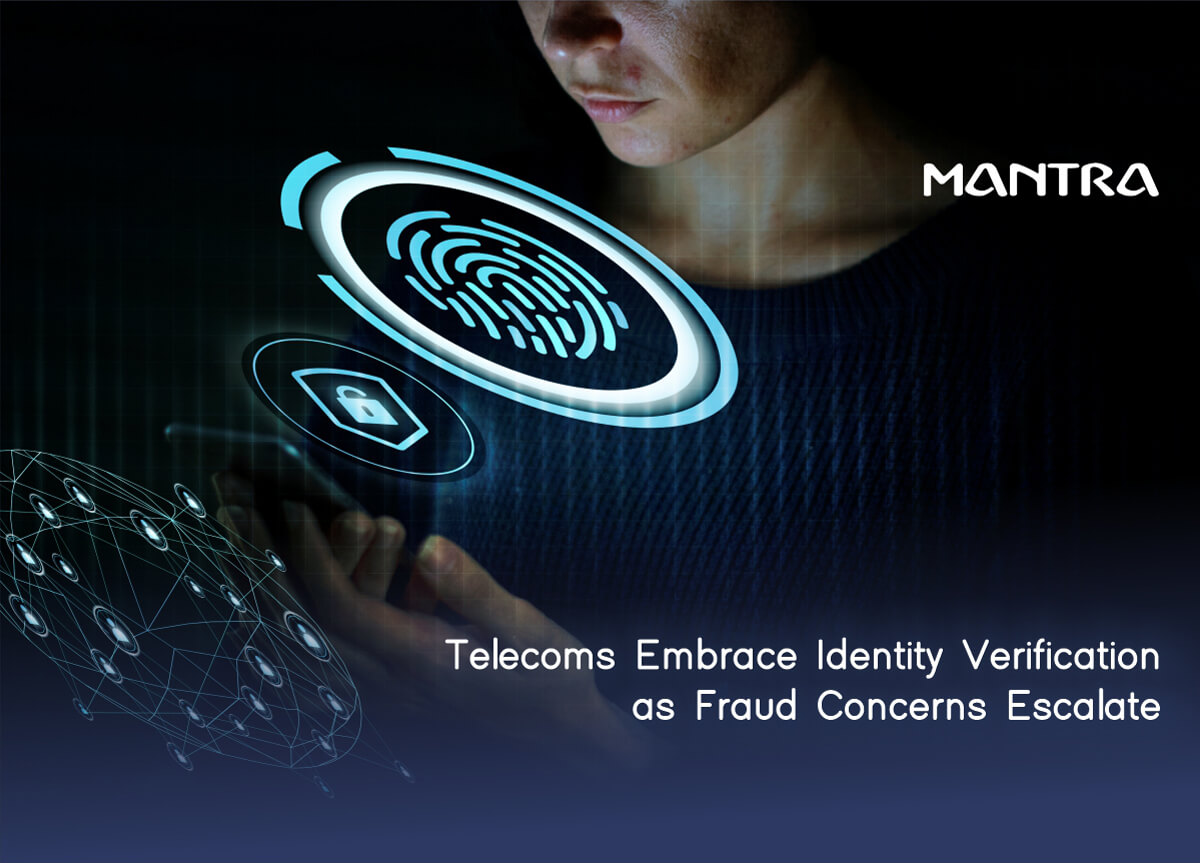
In the rapidly changing telecom industry, identification verification (IDV) has emerged as a critical safeguard against the rising flood of identity fraud. According to a comprehensive poll conducted by Regula in 2023, a startling 90% of telecom firms now see IDV as critical in their fight against identity-related crimes. This article will discuss how telecom businesses are negotiating the complicated terrain of IDV technologies, as well as the projected business benefits from their investments.
The Growing Importance of IDV in Telecommunications
The integration of telecommunications services into industries such as banking and commerce, combined with the widespread usage of phone numbers for two-factor identification, has dramatically increased the stakes for telecom providers. This makes them prime targets for identity thieves. The Federal Bureau of Investigation (FBI) has reported a troubling surge in SIM-swapping scams in 2021, in which thieves fraudulently get a victim's phone number, resulting in unauthorized access and severe financial losses.
According to 2023 survey, nearly half of telecom firms have encountered synthetic identity fraud, a sophisticated scam in which actual and bogus identifying data are combined to establish new, fictitious identities. Furthermore, 45% of these companies have dealt with the use of counterfeit or changed physical papers, highlighting the critical need for robust digital document verification solutions.
Identity fraud has a staggering impact.
Telecom firms experience an average of 18 identity fraud cases each year, with some reporting over 500 incidents in a single year. The financial impact is significant, with the average cost per occurrence approaching $260,000. Aside from immediate financial loss, the most serious consequences include business disruption, litigation fees, and a loss of customer trust.
Diverse Approaches to IDV
Telecoms are implementing a variety of IDV solutions, with biometric verification, notably fingerprint scanning, being the most frequent. Digital document verification is also commonly used. Surprisingly, the majority of telcos that do not yet use digital document verification want to do so in the near future. Another prominent option is facial recognition technology, which is highly valued for its ability to prevent fraud.
Telecom firms agree that a multimodal IDV approach that includes both document and biometric checks provides the most powerful fraud protection.
The Impact of Globalization and Digitalization
The continuous growth of worldwide movement, as well as the digital nomad trend, has increased the demand for document verification of overseas consumers. Telecom providers recognize the need of having access to extensive databases with a wide range of document templates in order to effectively check various documents. However, the current situation demonstrates that a substantial part of telecom companies are still manually reviewing foreign documents due to insufficient databases, raising the danger of fraud.
Prioritizing Global Coverage for IDV Solutions
Recognizing the worldwide nature of identity fraud, 28% of telecom respondents in the survey preferred IDV solutions with comprehensive international coverage of ID papers.
The intersection of security and user experience.
For telecom firms, the twin aim of improving the customer experience and reducing security threats are critical. Rapid onboarding of new customers and seamless interaction with services are critical to customer happiness and business growth. Telecoms are developing novel approaches to balancing severe security measures with user ease, thereby reducing the impact on consumer satisfaction.
Finally, the telecom industry's embrace of IDV solutions demonstrates a smart response to the growing issue of identity fraud. Telecom firms use advanced IDV technologies to not only protect their assets and client data, but also improve the entire user experience. This strategic approach is critical for retaining consumer trust and competitiveness in an industry plagued by sophisticated digital attacks.
Vishal khad
Informative content
Reply